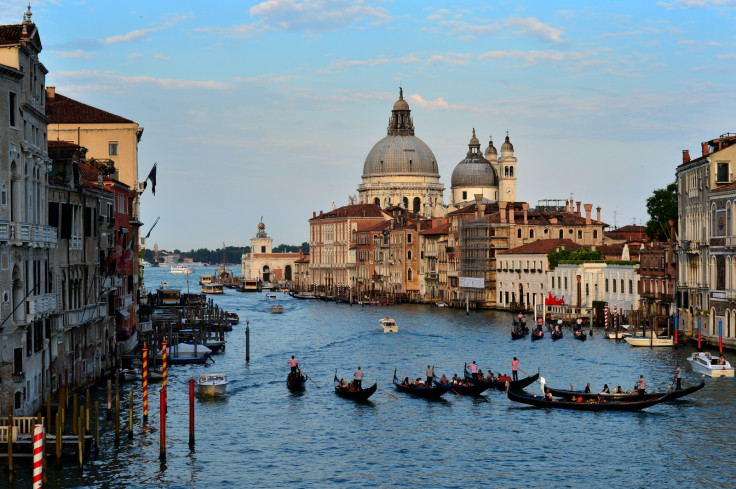Italian region of Veneto claims status of Europe's newest minority
The Venice-based regional council is planning a referendum on regional autonomy in the spring.

The people living in Venice and surrounding region are demanding for special autonomous status, with lawmakers of the Italian regional council of Veneto approving a law that defined the people from the region as "national minority", in similar terms as the people of neighbouring South Tyrol.
Approved on 6 December, the law would allow for the introduction of bilingual teaching and the knowledge of Venetian language and culture for those who want to work in public administration roles, but opponents of the law think Italy's Constitutional Court will declare it invalid.
The president of the regional council, Northern League's Luca Zaia, has long been advocating for a special status to the region, which he compares to Spain's breakaway region of Catalonia, and wants to organise a regional referendum on the issue by next spring. Italian media has already dubbed the possible referendum a "Venexit".
But while the region of Veneto is a significant contributor to the Italian economy, like Catalonia is to Spain, its culture and language are arguably less distinguished and cohesive as those from Catalonia. Central to Veneto's claim to minority status is the idea of a common Venetian language, although experts in linguistics recognise as many as four different dialects in the region, which would make the bilingual requirement difficult to evaluate, let alone enforce.
The regional Democratic Party strongly opposed the law as "embarrassing" and "inapplicable". It noted that it may soon be found unconstitutional, and the region is not included in the historical national minorities – additions to the list can only be ratified by the State. Of a similar opinion, the Five Star Movement accused the regional government of wasting time and resources. According to the newspaper Repubblica, both parties have asked for the law to be evaluated by the Court before it is enacted as to avoid "financial burdens" and "discrimination".
While the law may be short-lived, its enactment indicate how far the movement pushing for regional autonomy has come, and how far it still wants to go. "This is a very important step on the path to give more strength and poignancy to the request of autonomy for Veneto" said Northern League councillor Riccardo Barbisan, one of the law's main proponents.
The roots of the so-called Venetian nationalism run deep. Inspired by the former glory of the Venetian Republic, the movement first organised itself politically in 1978 under the name Venetian League, and later joining forces with the Lombardy League to create the Northern League in the early 1990s.
The Venetian nationalist movement is represented by several Venetist organisations, from the Venetian League to the Venetian Most Serene Government, but they share the same goal of autonomy and self-determination, rejecting the 1866 annexation of the region to the then Kingdom of Italy.
© Copyright IBTimes 2025. All rights reserved.





















